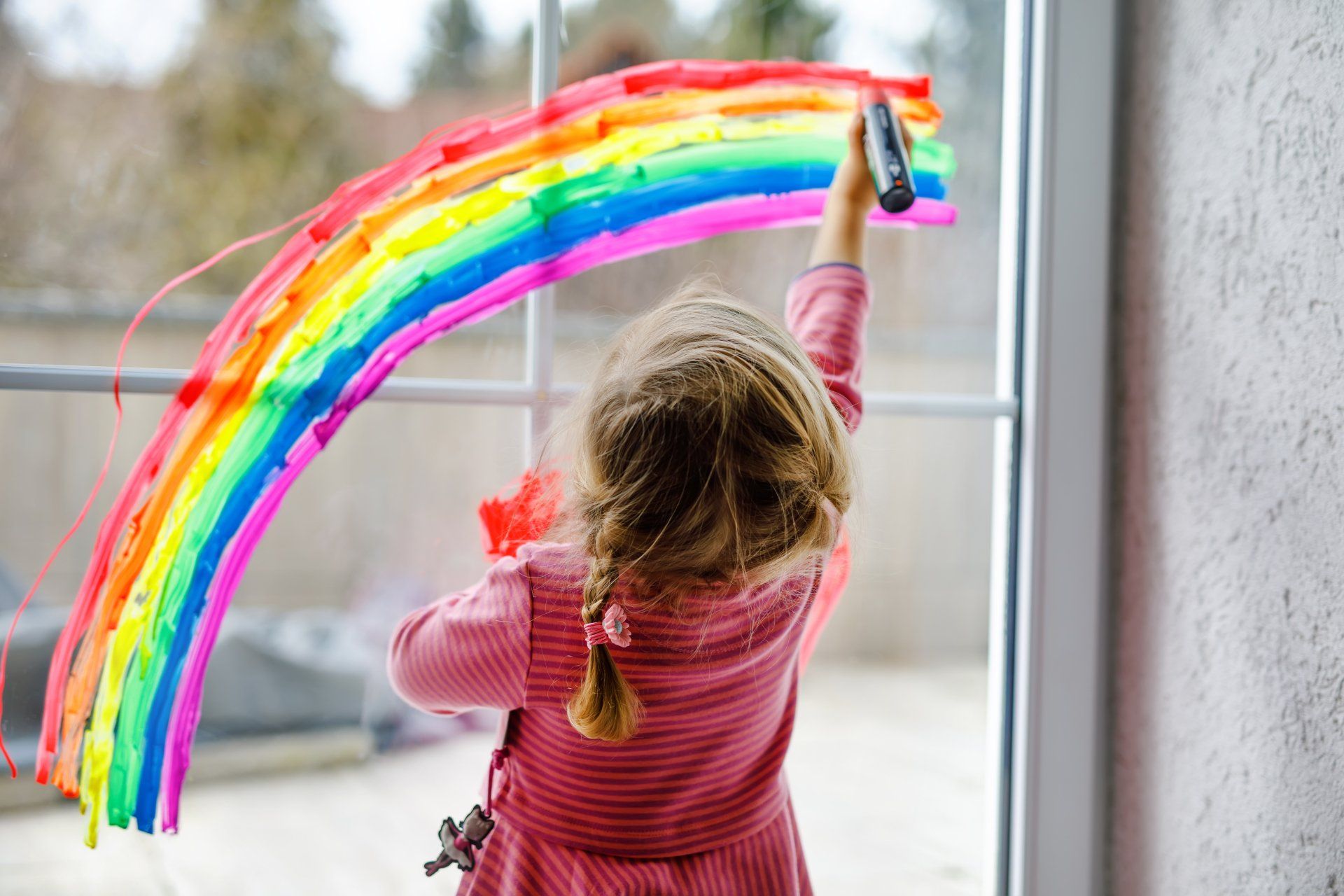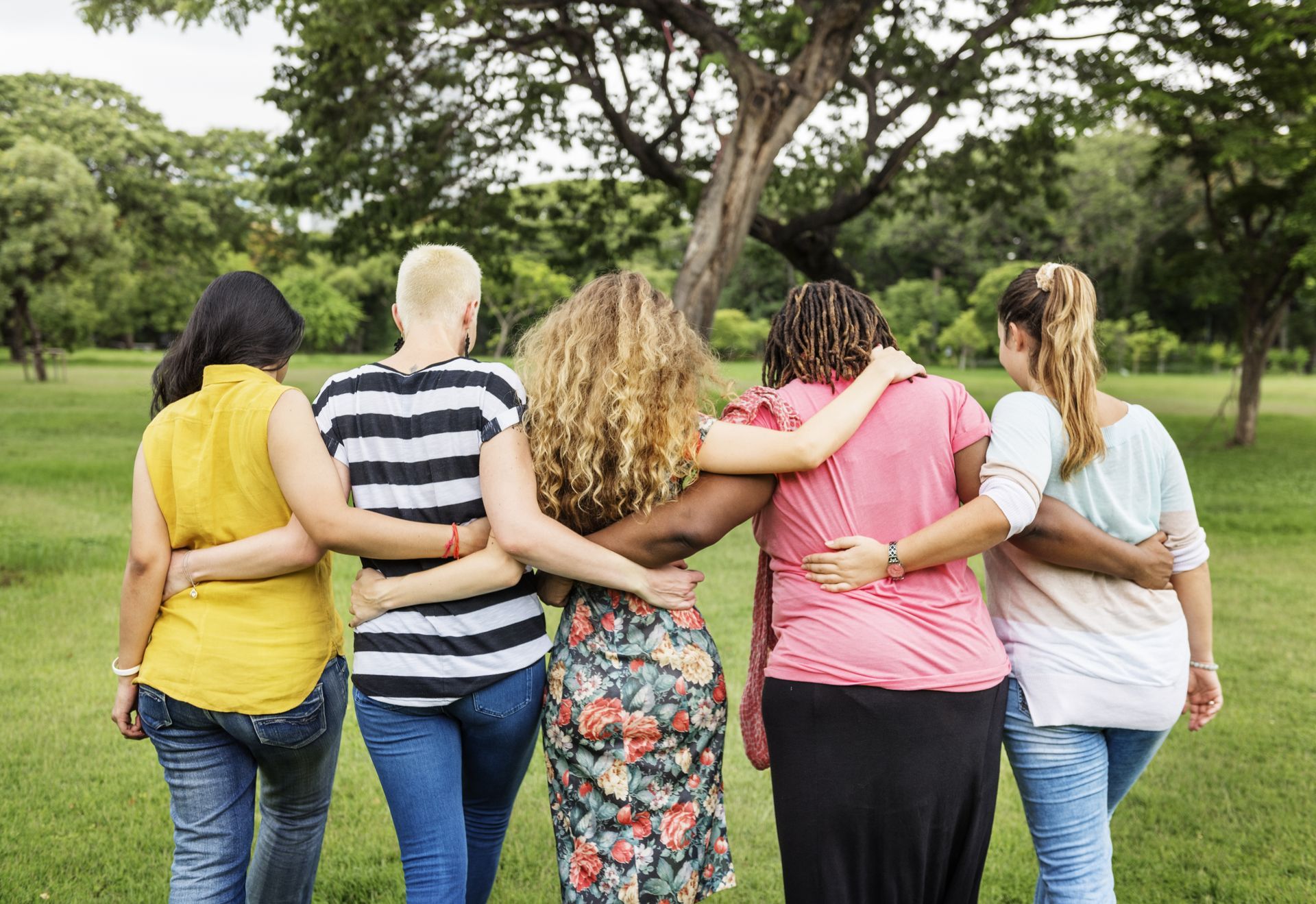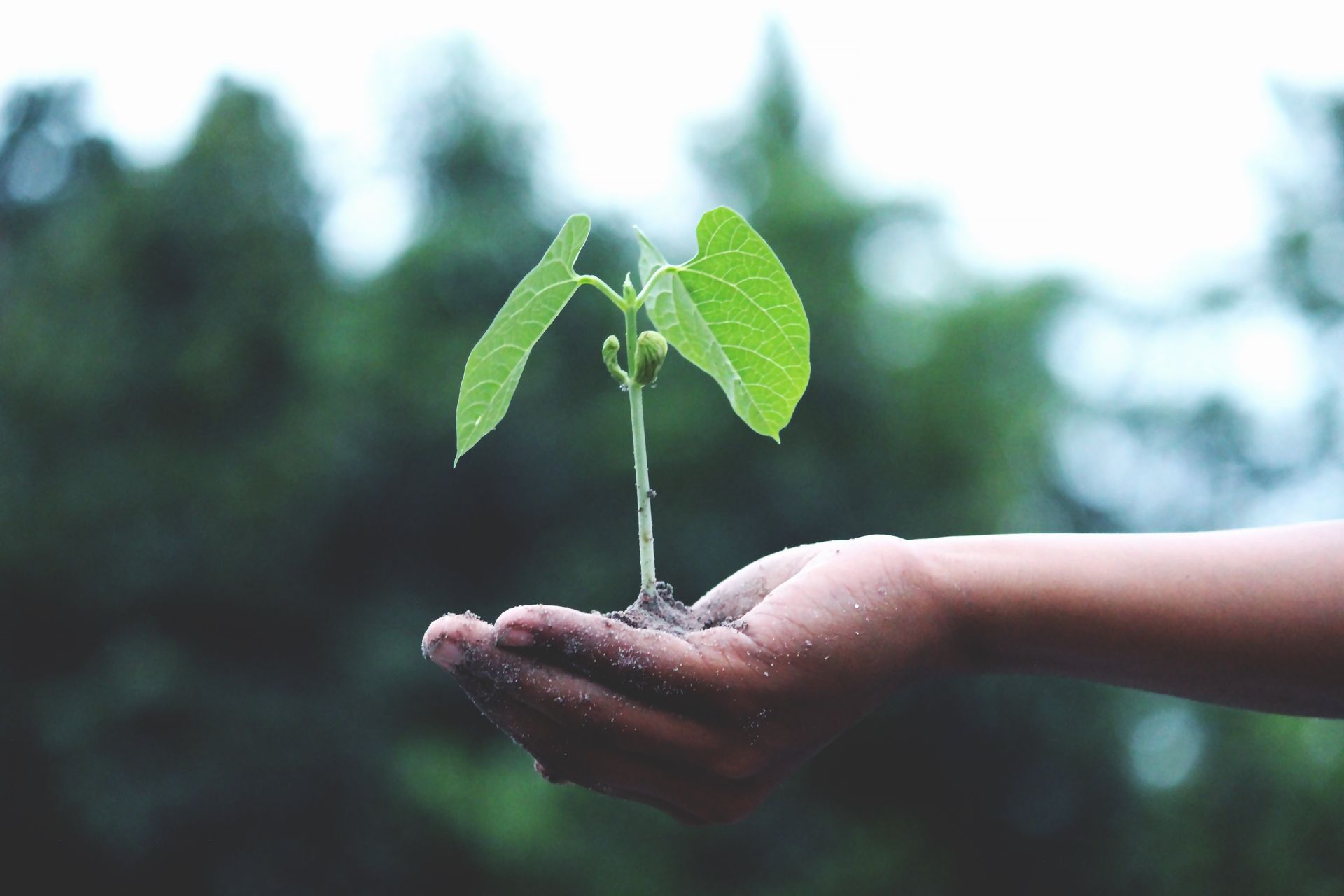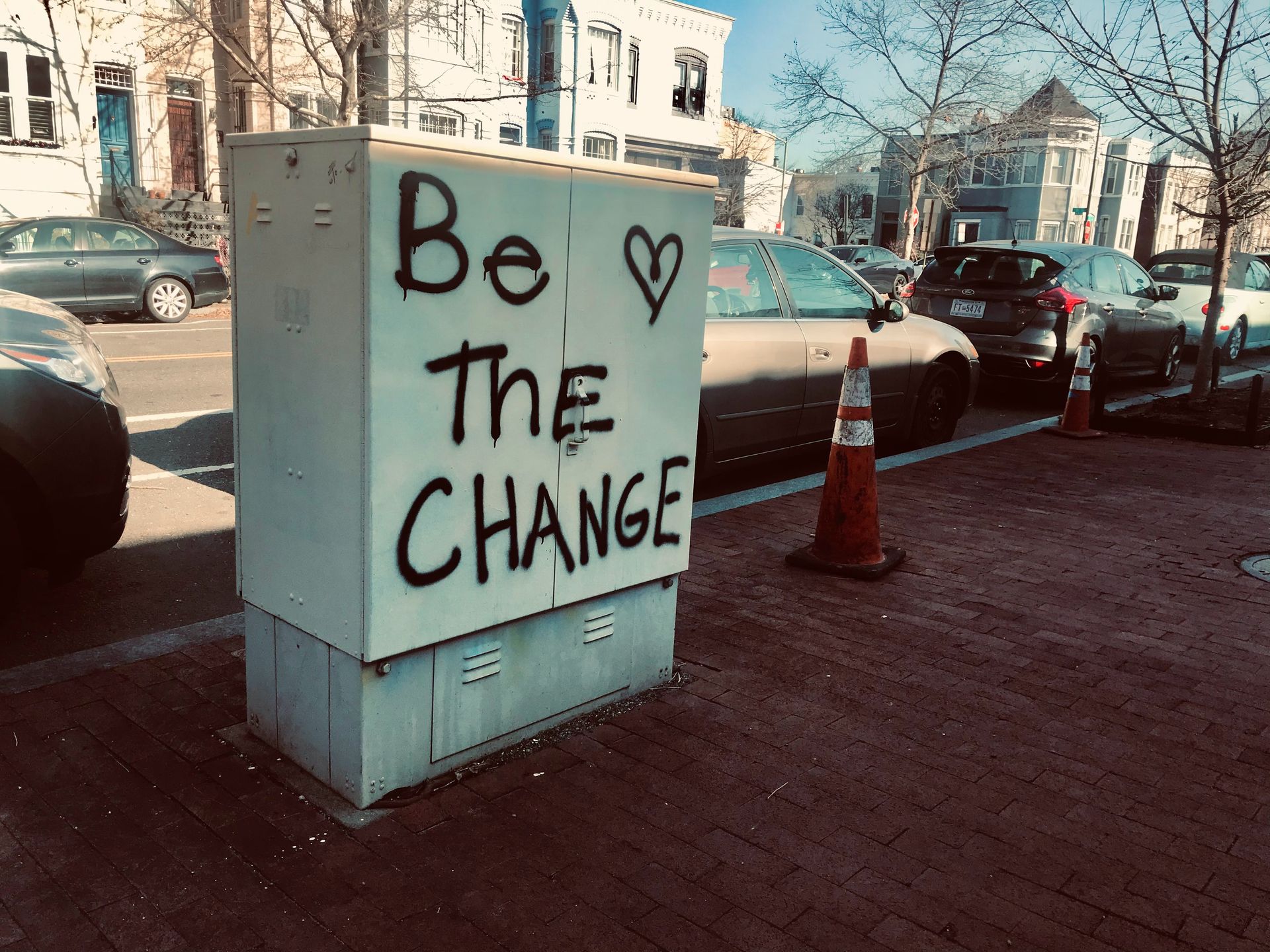Mental Health Awareness Week (18 - 24 May '20)
Emma Williamson

In response to the ongoing worldwide COVID-19 pandemic, this year’s
Mental Health Awareness Week theme is
‘Kindness’.
To mark this, here is our shortlist of things we can do to spread kindness – starting by being kind to ourselves as well as to others..
1. Surprise a friend of neighbour by leaving flowers or a treat on their doorstep.
Flowers and plants are beneficial to your mental health according to this lovely article by Psychology Today which highlights the many reasons why, including improving anxiety, sleep and memory to name a few. Why not put a smile on someone’s face today as it doesn’t have to cost much. Picking wild flowers and leaf foliage to make a homemade bouquet can be just as touching.
2. Donate staples to food banks and those in need
The COVID-19 pandemic has caused worldwide uncertainty, especially to those who do not have a place to sleep or struggle to access nutritious food. We can act with kindness knowing there is one less person going to bed with an empty stomach.
3. Respect the social distancing guidelines when going out for exercise or essential shopping
Think about the greater good and the risk of transmission of COVID-19 to someone more vulnerable during this public health emergency. Remember that this is an international crisis and that we are all in this together. Respecting social distancing guidelines will ensure rules are adhered to and we will all pull through this together, sooner rather than later.
4. Be considerate when doing your essential shop and do not panic buy
The wide spread of COVID-19 means that many of us are vulnerable – healthcare workers and frontline responders included. Shops have enough food and supplies if people buy what they need rather than stock-up on unnecessary volumes of supplies. We should therefore ask ourselves, ‘how can we get through this together’, rather ‘how am I going to survive?’
5. Help the most vulnerable, for example those who are shielding and cannot leave home
Anybody who identifies as a clinically extremely vulnerable person
can receive help from the government. Having local support will also help lift spirits within ourselves and our community. Find out who is coordinating your local volunteer bank or community support scheme and how you could get involved.
6. Exercise and Cycle more to be kind to the planet
Exercise is well documented to enhance health and wellbeing - it’s the ultimate way to be kind to yourself by looking after your body and consequently your mind. Many people are taking-up cycling as its good for the planet as well as a form of exercise that has great physical and mental health benefits. “Cycling is one of the most effective treatments for stress and in many cases has been proven to be as effective as medication – if not more so,” says Neil Shah of the Stress Management Society. But even if you cannot get out on a bike at the current time do take opportunities to have regular breaks and physical exercise to release endorphins and boost your mood.
7. Stay connected by assisting in setting up technology or writing a letter
It can be more helpful to think about needing to physically rather than socially distance as we all need human connection for wellbeing. Do you know anybody who cannot leave home or struggling with technology? Help them stay connected by setting up a social communication tools such as Zoom, Facetime or Whatsapp. People who do not have devices may also be able to get donations of old or new devices from various charities or neighbourhood networks. However, it is still nice to receive a card or letter so don’t forget the good old-fashioned postal system to keep in touch, stay connected and help people feel cared about.
8. Donate things to help health care, support workers or vulnerable groups
We can help support others and demonstrate some kindness by offering a little of what we have – be that purchasing and sharing treats or toiletries to sharing pre-loved items such as books, puzzles or art and craft supplies. Helping people feel appreciated for the work they’re doing to go the extra mile or if vulnerable and self-isolating or shielding – ways to keep busy. There may be a local centre coordinating donation efforts which you could also support.
9. Self-Care
Remember you can’t pour from an empty cup! It can be easy to forget about yourself while practising kindness, however, self-care is essential in maintaining your wellbeing and keeping your healthy so you can support others. Treat yourself to something you enjoy, such as watching your favourite film, listening to an album you love but haven’t revisited in a while, taking a long hot bath/shower or cooking your favourite meal.
10. Carry out random acts of kindness
Use the extra time we have at home to make the world a happier place by carrying out random acts of kindness. For example, reaching out to friend who you have not spoken too in a long time, making a cup of tea for someone you live with or donating to a charity close to your heart. You can find loads more great ideas about how to take part in the Random Acts of Kindness
movement on their website.
What will be your chosen act of kindness?
How about setting an intention to do one random act of kindness for yourself or others?
Tweet us @aneemolms
and let us know which you choose and why not also encourage someone else to do the same!
For more information and support, here are some and all courses available today:

As January draws to a close, many people who embraced Dry January are beginning to reflect on the experience. For some, it’s been a chance to reset habits, explore healthier routines, and notice the benefits of change. For others, it might have sparked a realisation about the challenges of maintaining those changes longer-term.

Health and social care staff commonly tell us that supporting individuals who have a history of offending presents unique challenges. These challenges stem from the complex systems as well as multiple needs that often accompany a history of offending. It is well documented that people in contact with the criminal justice system can have high levels of mental health and substance use difficulties, histories of trauma and adversity, homelessness, and experience barriers in social inclusion. Individuals may also struggle with accessing education, employment, and stable housing, creating a cycle that can be difficult to break.

As year end approaches we've been reflecting on everything we've achieved and been part of at aneemo HQ. It's been a busy 12 months, from new course launches to bespoke training programmes and exciting new partnerships. We've picked out our top 10 favourite highlights below - thank you to everyone involved in making it another inspiring and jam-packed year!

This years’ 10th of October marks an important day in highlighting and raising awareness of how a community can comprehensively support its members. Not only does World Mental Health Day fall upon this day, but the date is shared with the recognition of World Homeless Day also. The 10th of October therefore creates a powerful and special opportunity for open and critical discussion into how we, as a society, can best support those who are struggling and effectively drive political change to support those facing multiple disadvantages.

Aneemo is pleased to be working in partnership with Westminster City Council and Groundswell to develop a three tiered PIE training programme, launching in early 2023 . Funded for three years by the DLUCH Rough Sleeping Innovation grant, each level of the programme supports Westminster City Councils drive to create a Psychologically Informed and Trauma Informed supportive community model and cross-sector, borough-wide intervention.






